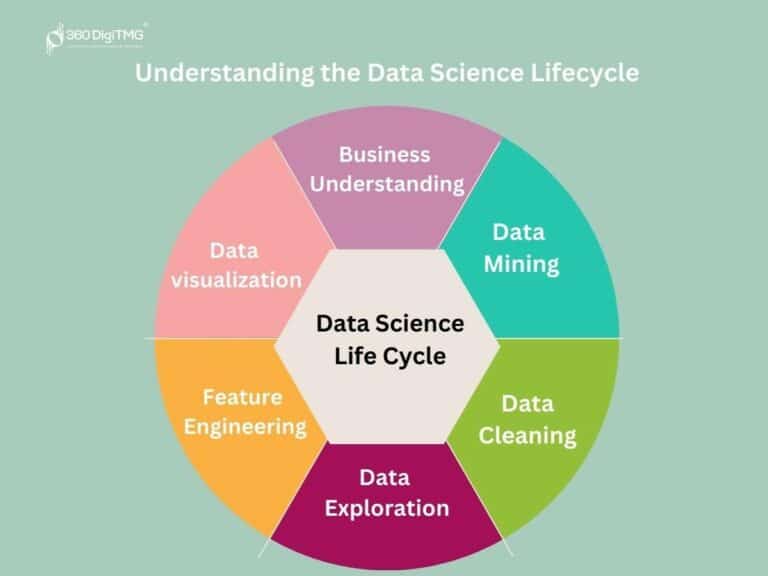According to David De Cremer, founder and director of the Centre on AI Technology for Humankind at the National University of Singapore Business School, the growing interest in artificial intelligence poses critical challenges concerning its integration with social sciences and humanities. Leadership by Algorithm: Who Leads, and Who Follows in the AI Era? is his most recent book.
Somewhere along the way, the waves of technology-driven change began breaking on the shoreline, far beyond the retaining walls we had erected in leadership development (primarily to ensure our stability). We’ve arrived at artificial intelligence!
An artificial intelligence (AI) system is a computer that learns from its experiences. It’s akin to a never-ending, self-updating algorithm. It imitates human logic and is based on innumerable examples over an ever-expanding spectrum that has long gone beyond manufacturing efficiency. It can imitate well beyond your wildest dreams.
Learning artificial intelligence has a wide range of uses in business. AI is applicable in detecting patterns in data, automating monotonous jobs and strengthening employee and customer interactions. Most managers value the benefits of AI as it allows them to handle detailed tasks and offer greater value to their company. Appropriate use of Artificial intelligence in business provides for individual and organizational success, such as increasing your talents and leveraging AI to scale your impact.
How Can AI Assist Good Managers in Becoming Great?
The way we use manual labor will be altered through the use of AI and automation. It’s critical that leaders don’t dismiss – or enable other leaders in the company to overlook – the AI- and data-driven change, which I refer to as the “intelligence revolution.” The business leaders today are busy thinking about ways to employ AI, avoiding ethical problems in the field and dealing with human resource related issues.
- Leaders Embracing AI’s Expanded Presence
As AI becomes more interwoven into business processes, leadership fundamentals must be refined at multiple levels. Special focus should be given on maintaining an overall strategy, leveraging technology, enhancing customer experience and utilising human capital. 80% C-level executives polled claimed that opportunities made available by AI technology would inform their future business strategy.
Along with a firm belief in leadership, 70% of all C-level executives polled strongly felt that AI would assist employees at all company levels. Interestingly, 80 percent of C-level executives believe that their organization’s executive team will modify their leadership skills as AI technologies are implemented. Below are given 5 top applications of AI.
- Recruitment
- Employee training
- Building new solutions based on data
- New digital solutions
- Modernization of technology
- Creating a Data-Driven Management Environment
AI is faster than humans in crunching numbers, identifying trends, and making data-driven judgments. This use of artificial intelligence can be a key tool for any management searching for quantitative support in their decision-making since it can digest enormous volumes of data and spit forth trend directions and actionable suggestions. Indeed, computers can be so good that money management is expected to account for 40% of forecasted layoffs in financial services, as robo-advisors take the place of human fund managers.
That may appear bad news, but it isn’t for those who can see the silver lining. It’s time to upgrade your abilities to take advantage of richer, faster data, especially if you spend most of your time gathering, triaging, assembling, and reporting data to detect risks, issues, and status. How much faster might you drive results if you spent no time on these basic information tasks? Where would you dedicate time, and what talents would you require? You may adjust and improve your career prospects and worth to the organization by learning how to work with AI and using the recommendations it can provide.
- Emotional intelligence is one factor to consider
As the world is gradually taken over AI and automation the relevance of softer qualities will also increase. Emotional intelligence aspects like empathy will be needed to balance out the mechanization of the workplace.
- Taking on Administrative Responsibilities
Administrative labor, which is vital but routine and repetitive and does not develop your skill set, makes up a substantial part of any manager’s day-to-day activities. According to a Harvard Business Review poll of project managers, the administration takes up 54% of their time. While that amount may be higher or lower for others in management, it does not work that motivates them, and it’s ideal for AI.
Artificial intelligence can let managers focus on high-value activities by automating typical management tasks. For example, artificial intelligence and machine learning can notify managers when they need to meet to handle risks or roadblocks; it can even set up the meeting and invite the appropriate people when concerns occur, create the appropriate agenda, and follow through on activities. The Associated Press, for example, employed AI-powered robots to increase its quarterly earnings report output from 300 to 4,400.
- Authenticity.
Any new technology raises ethical and abuse concerns, as well as issues related to change management. Leaders in the intelligence revolution will need to establish trust with consumers, employees, and other stakeholders, which will need them to be real. In times of uncertainty, change, or failure, this will be especially vital.
- The ROI of Artificial Intelligence
A majority of firms have started using AI to automate or optimize routine or wasteful activities, according to a recent global survey on AI*. Sixty-six percent of those polled use AI primarily for business process automation, which is frequently seen as a smart place to start because it may yield immediate results. Even though artificial intelligence is still in its infancy, 9 out of 10 C-level executives cited tangible benefits from AI applications in their firms.
In addition to security and privacy concerns, respondents said they could not adopt AI technology because their organization’s data is not suitable from a support aspect. As a result, as firms actively adopt AI technologies, they expect to see continuous investment in data management. It would be beneficial to encourage employees in leadership roles to enroll in an Artificial Intelligence course online with certificate.
What is there to learn?
When you enroll in an artificial intelligence course online with certification, you get to learn the following things:
- How do platform business models and artificial intelligence technologies work together?
- Attributes of Leaders that adopt AI-powered platform business models
- What data is valuable to your business and AI, and where can you find it?
- How to get started and the steps to success?
- How can your company and team catch up to today’s leaders?
- These new technologies and business models’ economics
Conclusion
AI’s potential for assisting decision-making is astounding. Enterprises that successfully deploy AI could gain a competitive advantage. AI assists organizations in developing new applications that are radically changing processes, culture, roles, and responsibilities. As a result, to promote broad AI adoption, executives will need to steer their enterprises through this AI-powered transition while also remaining engaged with the changing environment.
The main point is that human leadership abilities will be just as important, if not more critical, in the intelligence revolution. People are and will continue to be a company’s most valuable asset. However, the important leadership qualities that we appreciate in the future may appear very different from the traditional leadership skills that we value now.












